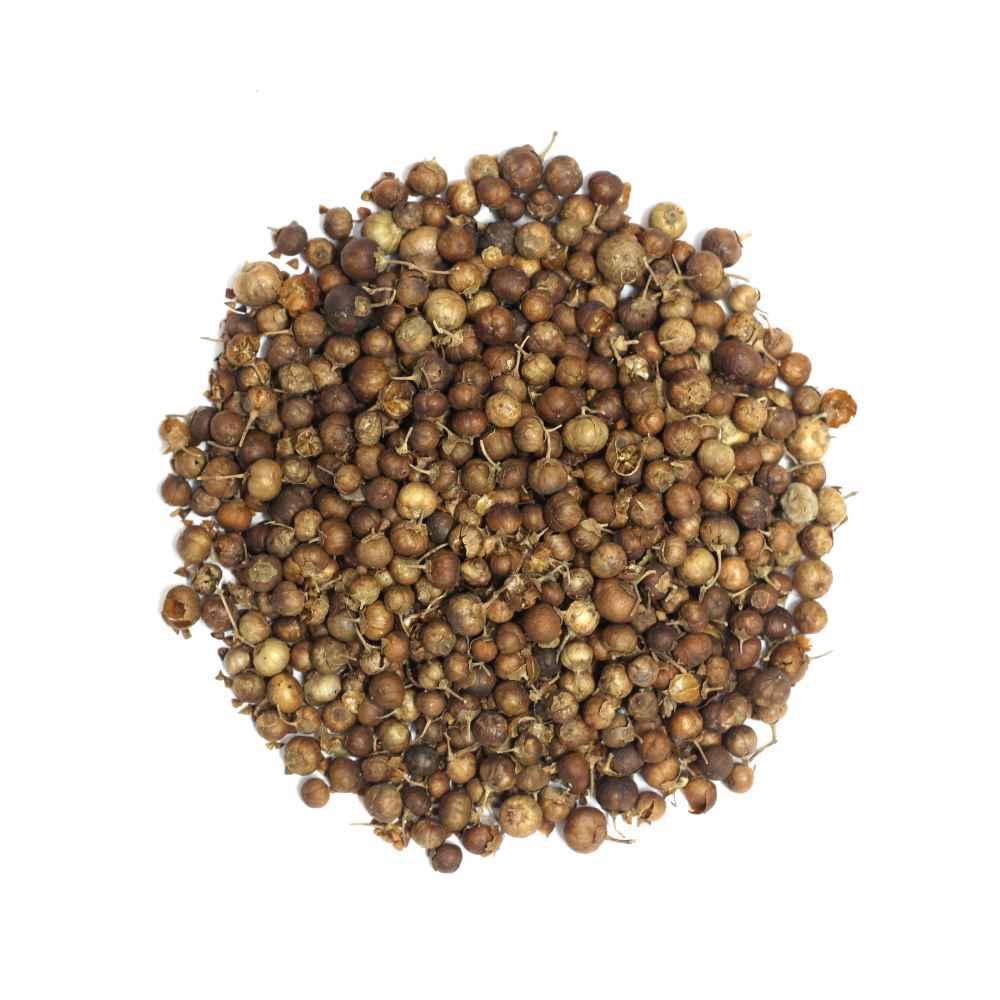- Home
- Ayurvedic Herbs
- Herbal Seeds
- Mehendi Beej | Henna Seeds | Lawsonia inermis


Mehendi Beej | Henna Seeds | Lawsonia inermis
Sanskrit: Nil Madayantika, mendika, Madayanti, Ranjaka | Hindi: Mehandi | English: Henna | Bengali: Mehadi | Gujrati: Mendi | Oriyya: benjati | Punjabi: Mehndi | Telugu: Gorinta | Urdu: Mehendi, Hina | Kannada: Goranta, Korate, Madarangi, ... Read More
Mehendi Beej | Henna Seeds | Lawsonia inermis - 250 Gram
300 150 50 % OFF
Mehendi Beej | Henna Seeds | Lawsonia inermis - 100 Gram
120 60 50 % OFF
Mehendi Beej | Henna Seeds | Lawsonia inermis - 500 Gram
600 300 50 % OFF
Mehendi Beej | Henna Seeds | Lawsonia inermis - 1 Kg
1200 600 50 % OFF
Products Description
Mehndi Seeds: Mehndi Seeds is a tall shrub or small tree, standing 1.8 to 7.6 m tall (6 to 25 ft). It is glabrous and multi-branched, with spine-tipped branchlets. The leaves grow opposite each other on the stem. They are glabrous, sub-sessile, elliptical, and lanceolate (long and wider in the middle; average dimensions are 1.5–5.0 cm x 0.5–2 cm or 0.6–2 in x 0.2–0.8 in), acuminate (tapering to a long point), and have depressed veins on the dorsal surface.
Henna flowers have four sepals and a 2 mm (0.079 in) calyx tube, with 3 mm (0.12 in) spread lobes. Its petals are ovate, with white or red stamens found in pairs on the rim of the calyx tube. The ovary is four-celled, 5 mm (0.20 in) long, and erect. Henna fruits are small, brownish capsules, 4–8 mm (0.16–0.31 in) in diameter, with 32–49 seeds per fruit, and open irregularly into four splits.
The majority of people probably associate henna with the dark-red/brown dye for hair and skin that is traditionally used in Eastern cultures, but the name also applies to the flowering plant from which that dye is derived. As the sole species in the Lawsonia genus, Mehndi Seeds has many different names across the globe, including Mehandi and Egyptian privet, but they are all describing the same remarkable plant, which has the scientific name Lawonia inermis.
You can identify a Mehndi Seeds plant by its small white or pink flowers, as well as the small fruit it bears. Mehndi Seeds can be used in a wide variety of ways, including its dye form, as well as in aqueous extracts, tinctures, and salves, composed of the bark, seeds, or leaves. This versatility makes henna a very valuable element in traditional medicines, particularly Ayurvedic practice.
Mehndi Seeds Benefits
Mehndi Seeds is an Ayurvedic herb used for the treatment of fever, dysuria, jaundice, ulcers, bleeding disorders and skin diseases. The powder or paste of the Mehndi Seeds (Madayantika) plant is given to treat diarrhea and irritable bowel syndrome.
The antibacterial activities of hexane, chloroform, methanol extracts of the leaves Mehndi Seeds (Lawsonia inermis) (Henna) was evaluated on bacterial strains like Escherichia coli, Klebsiella pneumonia, Lactobacillus acidophilus, Streptococcus aureus, Streptococcus mutans, Micrococcus, Streptococcus salivarius, Bacillus subtilis, Staphylococcus epidermidis, Streptococcus gordonii.
The information is for educational purposes only. This information has not been evaluated by the Food and Drug Administration. This information is not intended to diagnose, treat, cure, or prevent any disease.




